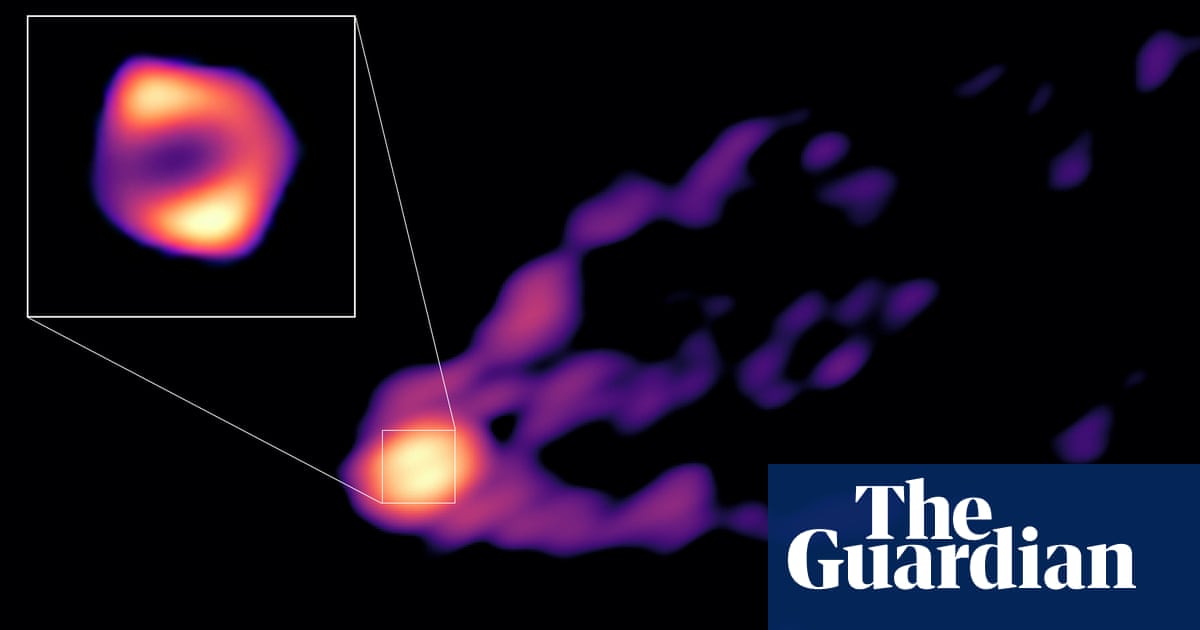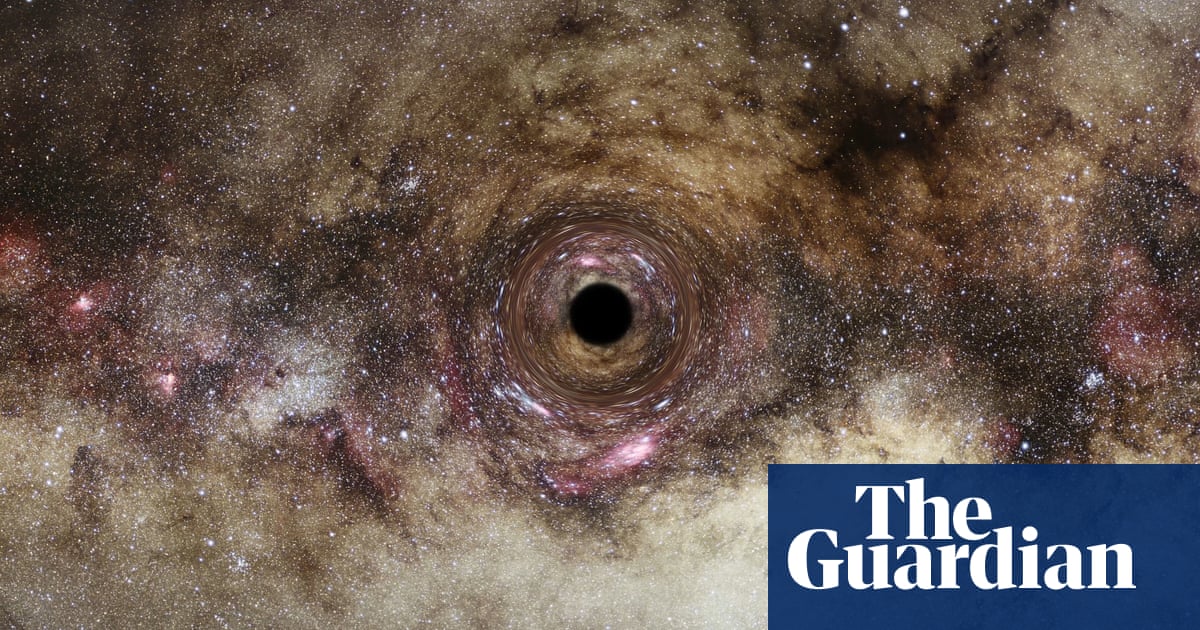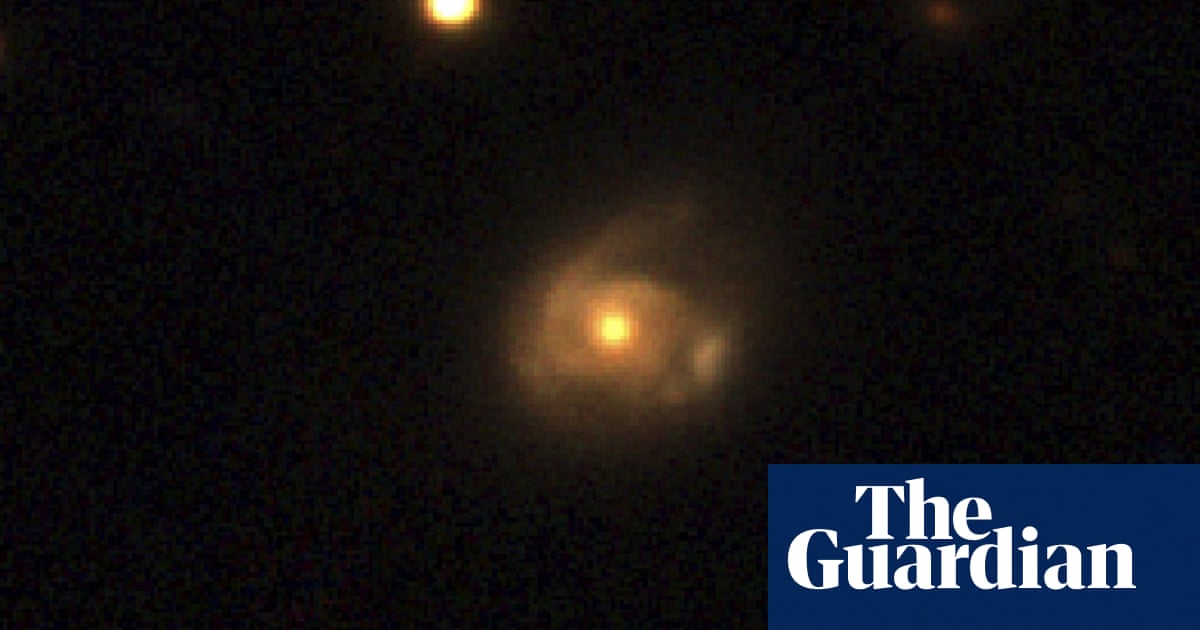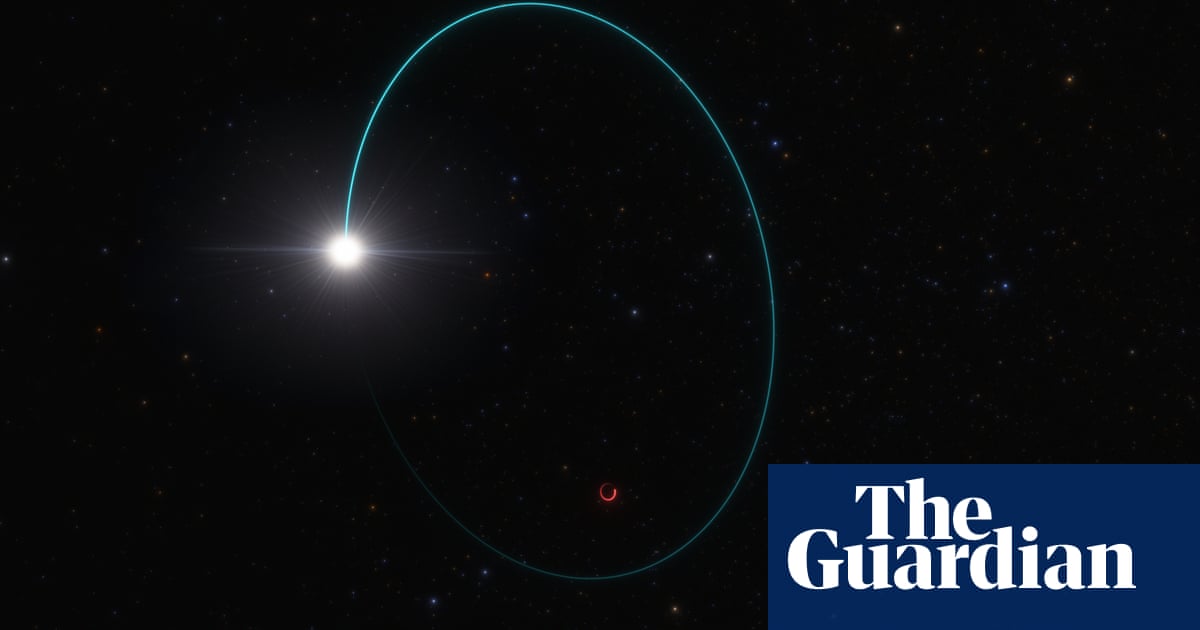
Astronomers have detected light behind a black hole deep in space for the first time.
Bright flares of X-rays were spotted bursting from a supermassive black hole at the centre of a galaxy 800m light years away, which is relatively normal.
Researchers were studying a feature known as the corona, but telescopes also picked up unexpected “luminous echoes”. These additional flashes were smaller, later and of different colours than the bright flares.
The discovery confirms Albert Einstein’s theory on general relativity. The gravitational pull from black holes essentially bends light rays around themselves, giving scientists their first glimpse of what lies behind.
Roger Blandford, a co-author of the research, published in Nature, said: “Fifty years ago, when astrophysicists started to speculate how the magnetic field might behave close to a black hole, they had no idea that one day we might have the techniques to observe this directly and see Einstein’s general theory of relativity in action.”
Dan Wilkins, an astrophysicist from Stanford University, said: “Any light that goes into that black hole doesn’t come out, so we shouldn’t be able to see anything that’s behind the black hole.
“The reason we can see that is because that black hole is warping space, bending light and twisting magnetic fields around itself.”












